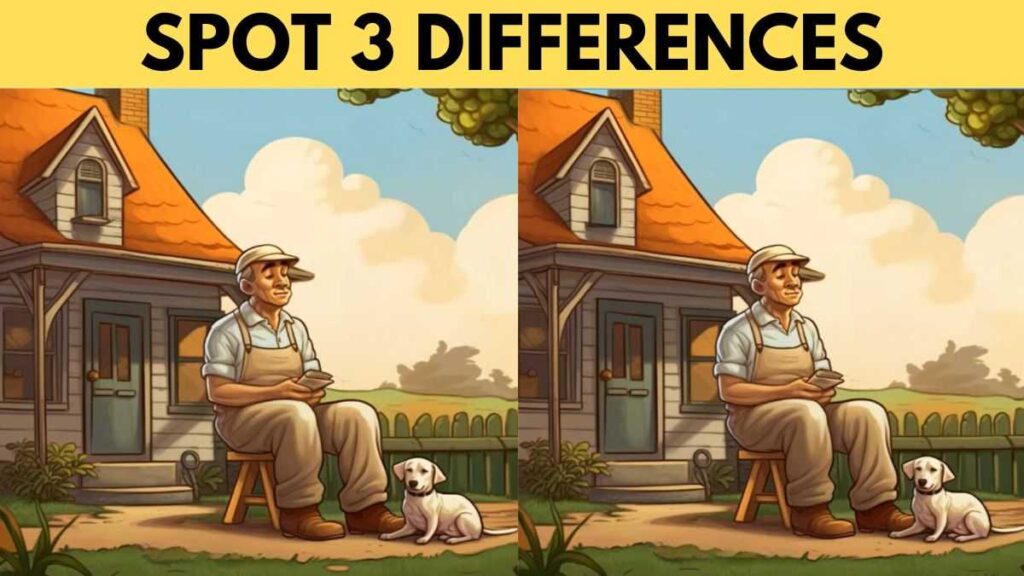 Imagine a beautiful beach scene filled with laughter and joy as children play in the sand, build castles, and splash in the waves. But wait! Among the interesting things is a sneaky crab lurking somewhere in this image. The question is can you spot it before it reaches the kids? This optical illusion has many puzzle enthusiasts confused and it might just test your observation skills! At first you may notice the happy family enjoying their day by the sea, but the trick lies in finding that little crab camouflaged in the crowded scene. Don’t worry if you can’t spot it right away; Take your time to carefully examine every nook and cranny.
Imagine a beautiful beach scene filled with laughter and joy as children play in the sand, build castles, and splash in the waves. But wait! Among the interesting things is a sneaky crab lurking somewhere in this image. The question is can you spot it before it reaches the kids? This optical illusion has many puzzle enthusiasts confused and it might just test your observation skills! At first you may notice the happy family enjoying their day by the sea, but the trick lies in finding that little crab camouflaged in the crowded scene. Don’t worry if you can’t spot it right away; Take your time to carefully examine every nook and cranny. 
Image: Brightside
Why detecting optical illusions is good for you
Finding hidden objects in pictures is not just a fun activity; it also provides some cognitive benefits. Engaging in optical illusions and brain teasers can stimulate different parts of your brain, making it a great mental workout. Here are some of the benefits of addressing these challenges:
- Solving optical illusions requires you to think critically and use different brain regions, promoting mental flexibility.
- Regular practice with puzzles will improve your analytical thinking ability, allowing you to approach problems more effectively in everyday life.
- Many optical illusions require you to recall details, which can improve your memory function over time.
- These challenges encourage you to think creatively, nurturing creativity and innovative thinking.
- Working with optical illusions requires concentration, which can help you develop a better ability to focus on a variety of tasks.
Have you found the crab yet?
Now that you’ve taken the challenge, have you spotted the sneaky crab? If you did it, congratulations! You have demonstrated your keen observation ability. If not, don’t be too hard on yourself. Remember that the goal is to enjoy the process and challenge your mind. 
Image: Brightside
So the next time you find yourself looking at an optical illusion, remember the benefits it offers. Keep practicing, and who knows? You can develop 20/20 vision along the way!

